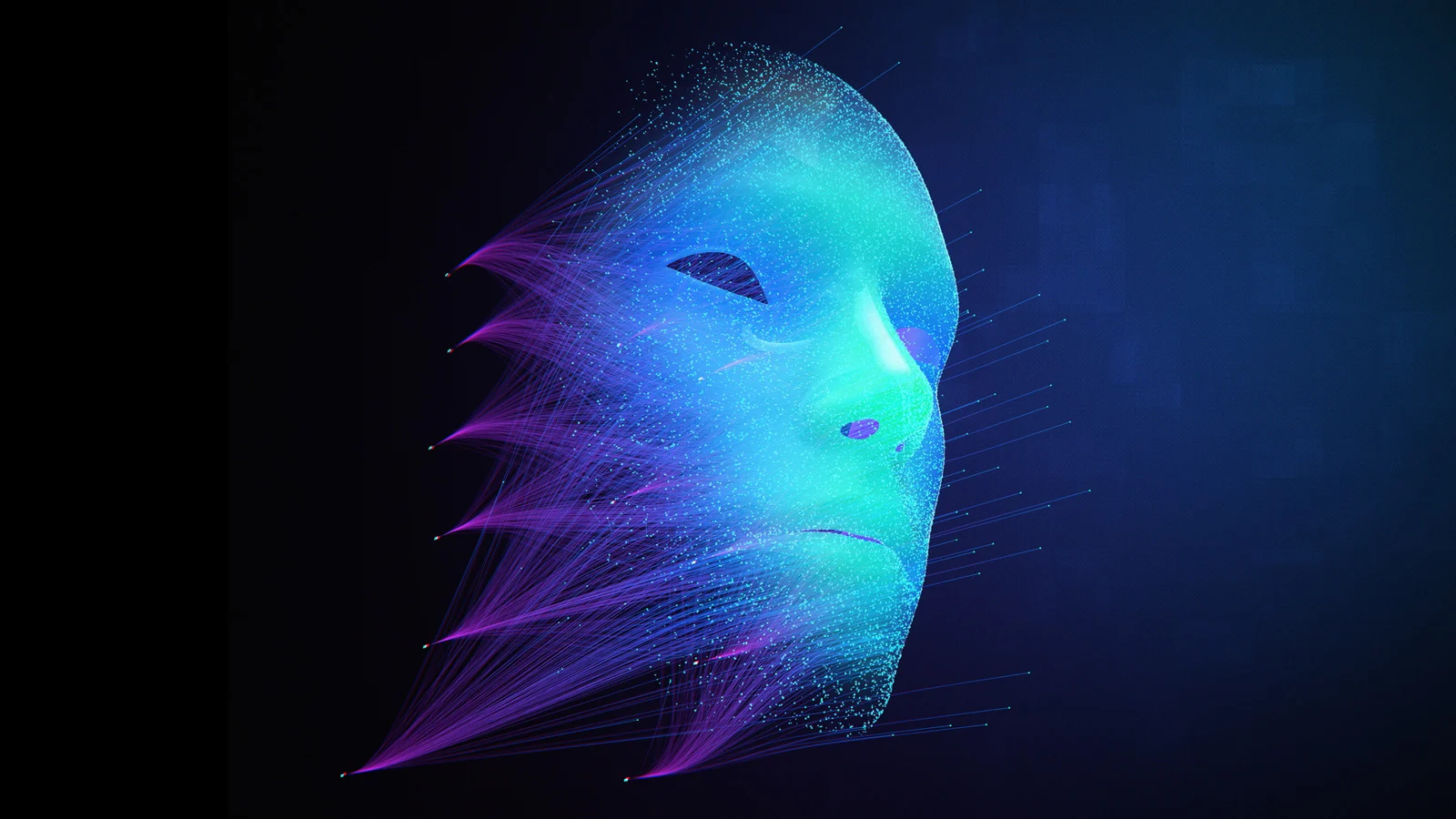Google has quietly banned the deepfake project on its colaboratory (colab) service, ending the large-scale utilization of the platform resources for this purpose. Colab is an online computing resource that allows researchers to run Python code directly through the browser, while using free computing resources, including GPU, to provide computing power for their projects.

Due to the multi-core nature of GPU, colab is an ideal choice for training machine learning projects (such as deepfake model) or data analysis.
Deepfake can be trained to swap faces on video clips, add realistic facial expressions, and make the results look real, although it is fake.
They have been used to disseminate false news, create retaliatory pornographic content, or for entertainment. However, the lack of moral restrictions on their use has been a source of controversy and concern.
According to archive According to the historical data of Google. Org, the ban occurred earlier this month. Google research quietly added deep fraud to the list of projects that are not allowed.
As the DFL developer "chervonij" pointed out on discord, now those who try to train in-depth counterfeiting on the colab platform will receive the following error prompts:
"You may be executing code that is not allowed, which may limit your ability to use colab in the future. Please pay attention to the prohibitions specified in our FAQ.".
The impact of this new restriction is expected to have a far-reaching impact in the deepfake field, as many users use colab's pre training model to start their high-resolution projects.
Colab is making this process very easy, even for those who have not become backgrounds, which is why so many tutorials suggest Google's "free resources" platform to start the deepfake project.
Resource abuse
At present, it is not known whether Google's implementation of this policy is based on ethical considerations or the rampant abuse of free computing resources used by these projects.
Colab is designed for researchers who need to spend thousands of dollars to help them achieve their scientific goals. This is especially critical in times of GPU shortages. On the contrary, it is reported that some users are taking advantage of the free level of the platform to create deepfake models on a large scale. This has taken up a large amount of available resources of colab for a long time.
The following is a complete list of disallowed items:
File hosting, media services or other web service products unrelated to colab's interactive computing
Download torrents or participate in peer-to-peer file sharing
Using remote desktop or SSH
Connect to a remote agent
Mining cryptocurrency
Running a denial of service attack
Password cracking
Use multiple accounts to bypass access or resource usage restrictions
Make deepfake project
All prohibited projects are far from meeting the requirements of formal scientific research. Although some projects may be in line with this situation, it seems that Google has detected far more abuses than legitimate ones.